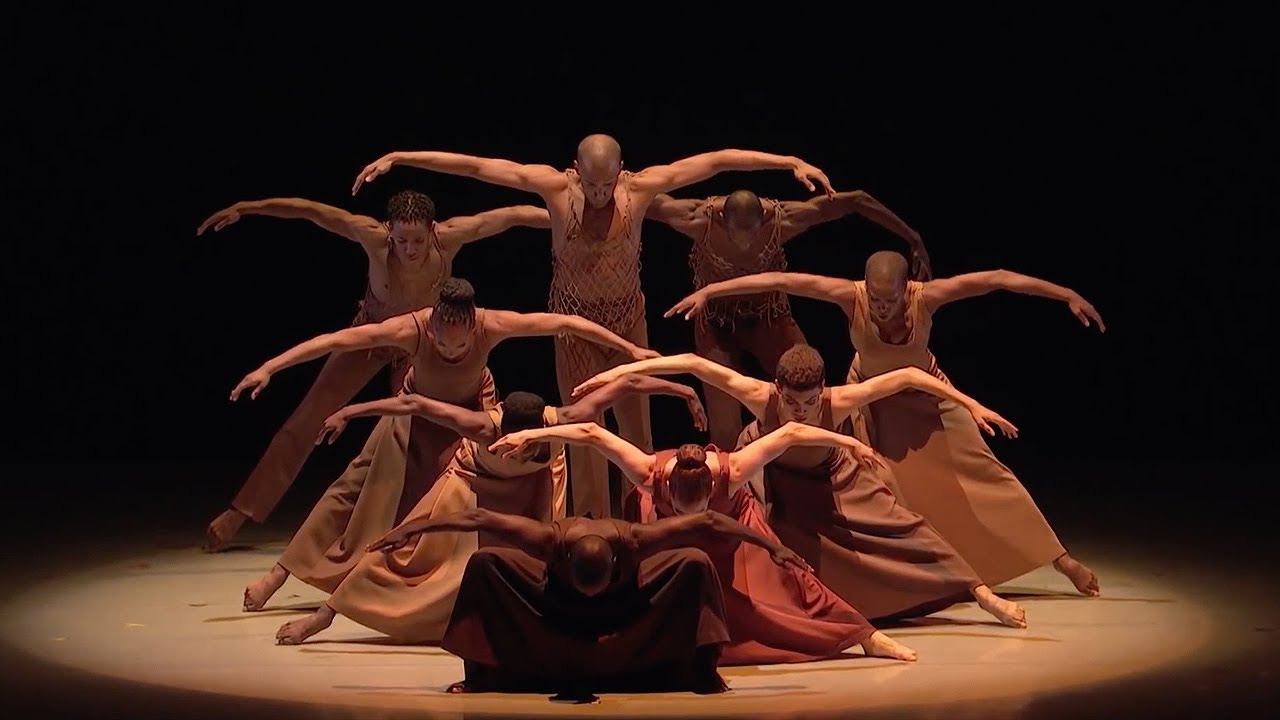I parked in a garage less than two minutes from the theater. A friend had bought the tickets, and as I stepped out of the car, it hit me—I had no idea how much they cost. I offered to cover dinner to even things out, but really, I was trying to balance something deeper: a quiet negotiation with myself about stepping into the unknown. That’s what this blog is about—how do we come to understand something when we literally have no words for it?
I was 30 minutes early. That’s always a good sign. It gives me space to keep my judgment in check. To think. I told myself I’d enjoy it—after all, I sit on the board of an arts organization back in the Midwest. I’ve been a professional actor. Surely, I’ve seen dance before. But as I stood there, I realized—I hadn’t experienced this. Not like this. And I wanted to track my reactions because maybe, just maybe, it would help me navigate other moments where I’d find myself equally unmoored.
That’s when the real question surfaced:
What happens when you don’t have language for something?
How do you process it? How do you hold it?
That was the task ahead of me after witnessing Alvin Ailey’s Dance Company perform a stunning triad of pieces at the Boch Center’s Wang Theatre in Boston. I’m still trying to wrap my mind—and body—around what I saw.
As I prepare for my trip to Teotihuacán next week, I realize how rarely I place myself in situations where I’m truly flummoxed. Where I don’t know, and can’t pretend to. It runs counter to the American cultural current—we’re conditioned to have answers, to Google our way out of uncertainty. But what happens to the body, to the mind, when you surrender to not knowing?
It reminds me of those travelers who step into foreign lands and sacred spaces with an openness that borders on childlike wonder—no judgment, no need to "get it," just presence. Like a child learning to read—not pressured by noise or expectation, but simply absorbing, curious. We ask so much of kids today—filter out distractions, perform, achieve—yet somehow, they still manage to decode the world one word at a time. Maybe that’s the posture we adults need to reclaim: the beginner’s mind.
We all judge. It’s human. But often, when we say, “I don’t like that” or “That’s not for me,” what we really mean is, “I don’t understand it.” We fill the gaps in our knowledge with assumptions—because sitting in silence, without words, is uncomfortable.
I have friends who’ve dedicated their lives to pushing against that discomfort. One surrounds children with books—fighting fear and ignorance by flooding young minds with stories and possibilities, literally enriching their souls with a library of books. Another helped launch a school with her community, ensuring access to education that invites curiosity, independence, and liberation rather than shutting it down. Both have chosen to confront the void of "no words" by leaning into learning and self-definition.
But is there a shortcut to deeper understanding? To knowing yourself better?
Maybe not. But there are tools.
Lately, I’ve been thinking about the Intercultural Development Inventory (IDI). It maps how we engage with difference—how we move from denial or judgment toward acceptance and adaptation. It’s not just about cultures in the traditional sense. It’s about how we face anything unfamiliar—art, ideas, people. Some of us are blissfully unaware. Others know just enough to dismiss something as "not for them." Most of us, when confronted with the unknown, either make things up or retreat into judgment.
That’s why Alvin Ailey’s performance was so powerful. It wasn’t about intellectualizing. It was about feeling—watching dancers embody stories I didn’t have words for, and letting my mirror neurons do the work. Yes, mirror neurons are real—just ask my friend Kate, who coaches executives to become more confident leaders by tapping into that beginner’s mind, where growth and flow live.
I get it now.
Every situation I’ve been in this year has reflected back lessons from people who’ve devoted their lives to helping others stretch—toward understanding, toward higher consciousness. They create spaces, offer tools, and remind us that limited understanding isn’t a dead-end—it’s a starting point.
So here I am, with no words—and that’s exactly where I’m supposed to be.
Where in your life are you avoiding the discomfort of not knowing?
And what might happen if, just once, you leaned into it—without needing the words, without needing to understand right away?
Curated Listening:
At the intersection of the arts and music are the Indigo Girls, especially their song “Galileo.” Listen to them sing “Galileo” HERE.




